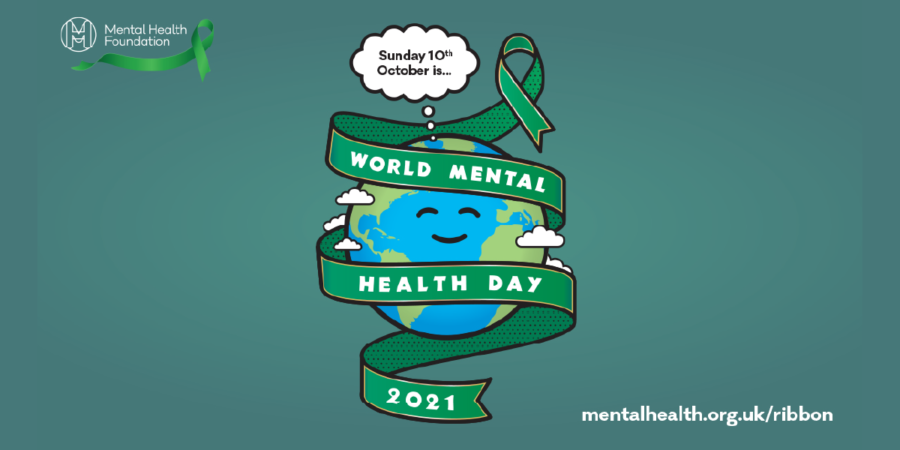Mental Health Day 2021- taking care of your team in a post-pandemic office
Almost thirty years after World Mental Health Day launched, the need to talk about the specifics of mental health is more prevalent than ever.
The recent health crisis has meant our lives have had to yo-yo between somewhat normal and total isolation from our friends. To say that people are struggling to adjust to the dramatic lifestyle change would be an understatement.
As the light at the end of the tunnel draws nearer and we get a taste for post-pandemic life, it’s essential to check in with yourself and the people around you to make sure everything is okay. As business owners are employers, it’s our duty to make sure our team is coping with the shift back to office life.
To encourage open and honest conversations, we’ve put together a few reasons why World Mental Health Day should be a priority in your office, as well as some initiatives to try;
Why do employers need to put mental health first?
Over the past 18 months, we’ve come together to get through the health crisis and keep businesses functioning. But the emotional stress of working from home, and completing co-workers tasks while they’re on furlough, has caused burnout and fatigue in most offices.
This year, more than ever, health and wellbeing need to be placed at the heart of your business strategy. Encourage open conversations with your workforce about their wellbeing, and look for ways to facilitate support.
In a post-pandemic study, the Business leader found that;
- 48% of employers stated that they do not have budgets available to help support their employee’s mental health
- 30% don’t know how to care for their employees’ mental health
- 44% of employees believe that mental health stigma is something they worry about in the workplace
- 46% state they do feel worried about their mental health
- 48% of workplace employees in the UK agree that their organisation was supportive of mental health
- 46% of employees reported that their organisations did not have the tools to measure mental health in the workplace.

The elephant in the RAM
But before we start championing worldwide change for mental health in the workplace, it’s important to start at home. A 2019 BIMA study suggested there is a mental health crisis in the tech industry at the moment.
Fifty-two per cent of tech workers have suffered from anxiety or depression at some point. In addition, sixty-six per cent of those surveyed said they were stressed at work. Statistics like this are why we provide mental health support throughout the company.
How to care for employees post-pandemic mental health
We’ve adopted several initiatives throughout the pandemic to help our team stay positive, active and encourage self-care of all shapes and sizes. Here are some of the big schemes we’ve introduced to the team;
Employee engagement schemes
Employee engagement schemes help solidify the mental and emotional connection employees feel towards their place of work. We decided to work with company culture enthusiasts Perkbox. This platform aims to improve the employee experience through:
- perks and benefits
- reward and recognition
- feedback and communication
- healthcare
- learning and development
Team events
From virtual gym sessions and quiz nights to in-person Go Karting and escape rooms, helping our team bond is one of our biggest priorities and helps them feel more comfortable in the working environment.
Collaboration and competition
Earlier in the year, we switched to YuLife life insurance, and so far, our teams have enjoyed the company leader board, which encourages friendly competition through step tracking.
There’s still plenty to do by next Mental Health Day
There’s work to do on mental health in tech, and we all need to play a part in the solution. Whether you work in the tech industry or not, your team needs you, and you need to support their physical and mental health. As we find new ways to do this, we’ll keep sharing these techniques with the IT community, hoping they can be adopted on a broader scale.


